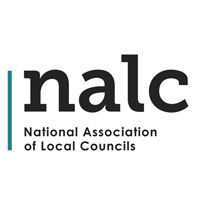Local Government in England is divided into several levels or tiers:
- County councils, which are the first level of government below Central Government;
- District councils; or
- Unitary authorities which undertake all the responsibilities of County and District Authorities; and
- Parish and town councils.
A Local Council is the first tier of civil government. Its powers are defined and granted by acts of Parliament and no expenditure can be made by a council except in accordance with those powers. A Local Council can be thought of as the "eyes, ears and voice of its local community, relaying the opinions and views of local people to higher levels of government. Local Council have tax-raising powers and can make bye-laws to improve the governance of their areas.
In some areas, there are the traditional District and County Councils (see below), but the West of England is divided into 4 Unitary Authorities that have taken on responsibilities and powers of both the County and District councils.
Unitary (West of England)
- local planning
- environmental services
- housing
- education
- highways
- strategic planning
- waste disposal
District
- local planning
- environmental services
- housing
County
- education
- highways
- strategic planning
- waste disposal




